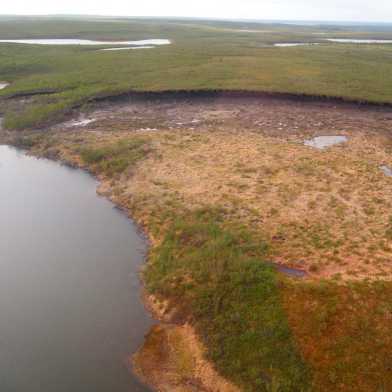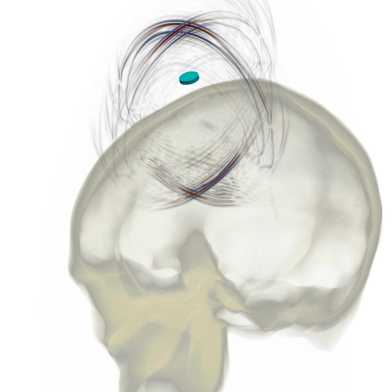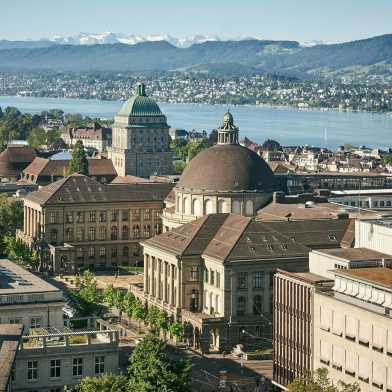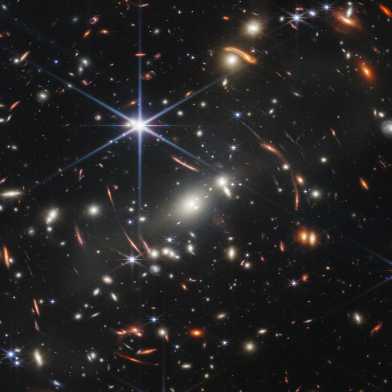July
Heatwaves thawing Arctic permafrost
News

Satellite data affords ETH Zurich researchers a new method for quantifying carbon mobilisation in Arctic permafrost. Their findings also reveal how summer heatwaves accelerate the rate of Arctic landslides in thawing permafrost.
Don’t attack the Energy Strategy with simplified assumptions
Zukunftsblog

An ETH risk researcher has concluded that Energy Strategy 2050 doesn’t work. The Energy Science Center at ETH Zurich disagrees: extensive research shows that the energy transition is feasible and makes sense, writes Gabriela Hug together with her ESC colleagues.
Imaging the brain with ultrasound waves
News

As wave specialists, seismologists map the structure of planets from the information that seismic waves carry. Now, the team led by ETH professor Andreas Fichtner is also using this knowledge for medical imaging.
A magnetic catheter against strokes

ETH spin-off Nanoflex has developed a magnetically steerable catheter for quick and safe stroke treatment that no longer requires surgeons to be on site.
Resistance to mosaic disease explained
News

Researchers from ETH Zurich, the United States and Uganda have identified the gene responsible for resistance in certain cassava cultivars against the devastating cassava mosaic disease. This is an important step for breeding virus-resistant cassava varieties.
Attosecond measurement on electrons in water clusters
News

Researchers at ETH Zurich have developed a method that enables time-resolved measurements of electron motion in water clusters lasting only a few attoseconds. The technique can be used for more detailed studies of water as well as faster electronics.
Twelve professors appointed
News

At its meeting of 13/14 July 2022 and upon application of Joël Mesot, President of ETH Zurich, the ETH Board appointed twelve professors. At the same time, the Board also bid farewell to four professors and thanked them for their service.
Podcast series: Energy fact check
- News
- Podcast

Does nuclear power have a future? Are electric cars dirty? In a four-part series, the ETH Podcast takes a detailed look at popular theories about the future of energy.
Speculative calculations open a backdoor to information theft
News

ETH Zurich researchers have discovered a serious security vulnerability in computer hardware. The vulnerability, called "Retbleed," affects microprocessors from market leaders Intel and AMD. All commercially available operating systems worldwide that use these processors are affected. When computers execute special calculation steps to compute faster, they leave traces that hackers could abuse.
"I have goose bumps"
News

On 11 July, NASA published the first image taken by the James Webb Space Telescope. ETH Zurich Astrophysicist, Adrian Glauser was also involved in the construction of one of the telescope's measuring instruments. In an interview, he explains what he thought and felt when he saw the image.